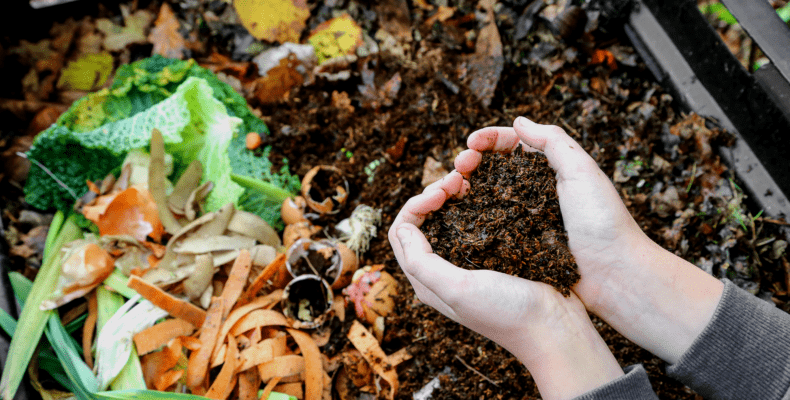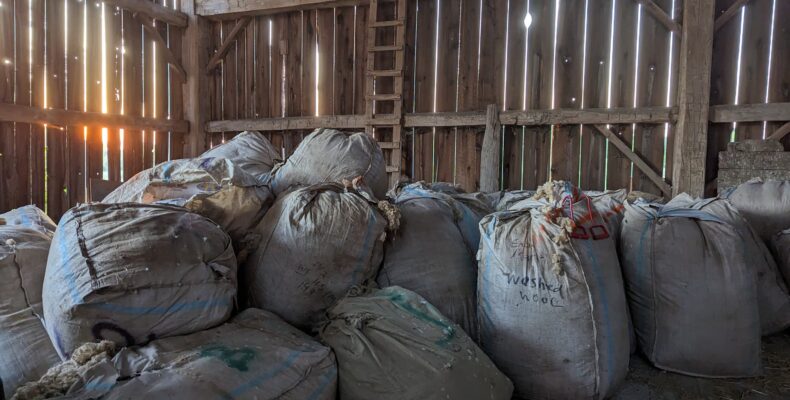Vineland Research and Innovation Centre (Vineland), working with an industry group and industry partner and agri-technology business Infinite Harvest Technologies (IHT), collaborated to pilot IHT’s Bugs-4-RentTM system, a groundbreaking approach to organic waste management.
Innovative Waste Management in the Greenhouse sector: Infinite Harvest Technologies Bugs-4-Rent™ System



